

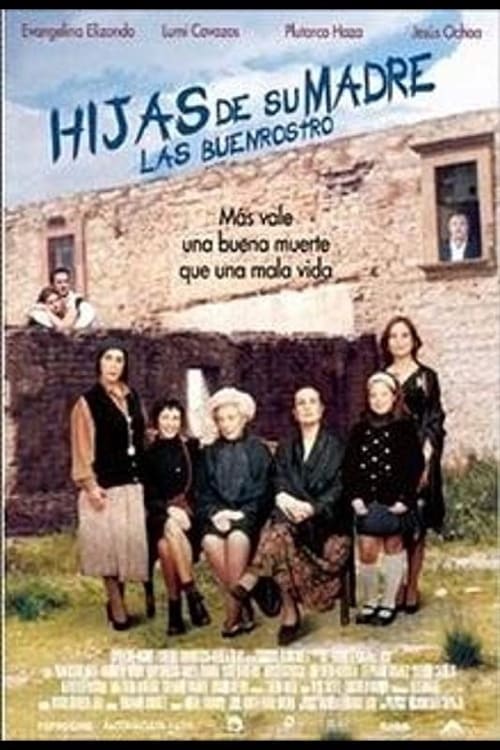
The women of a prosperous provincial family hide unsuspected secrets which range from the entanglements of love to murder for mercy or for greed. The story of these eccentric women combines love, potions, black humor and death.
Life grows more chaotic as the family moves into a lavish new home, thanks to Armando's big promotion. Meanwhile, daughter Dolly is pregnant, and 2 members of the local police, the family's friends after years of responding to noisy arguments, are getting married.
Armando is a suave radio disc jockey trying to hide his sexy secretary from his jealous wife. He is caught between his stubborn mother and his opinionated mother-in-law. Stirring the already spicy pot is his son, who plans to marry the daughter of an unusual couple.
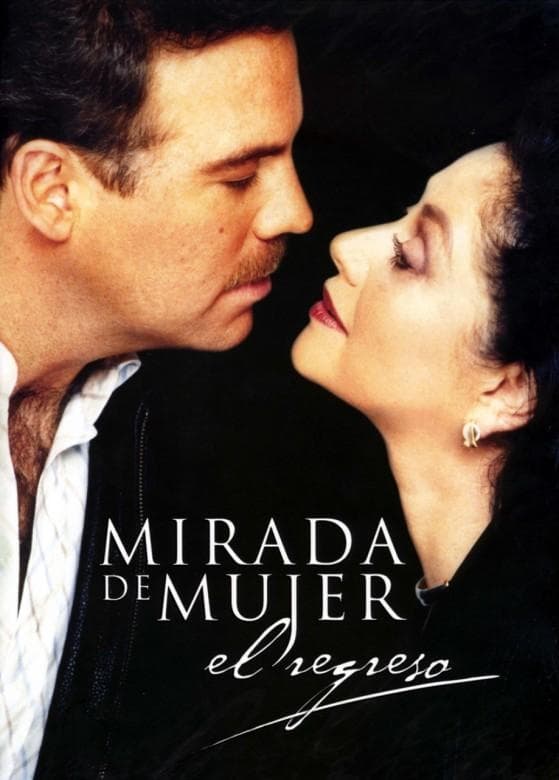
Mirada de mujer: El regreso is a Mexican telenovela, which was produced by and broadcast on TV Azteca in 2003. It is the sequel of Mirada de Mujer.
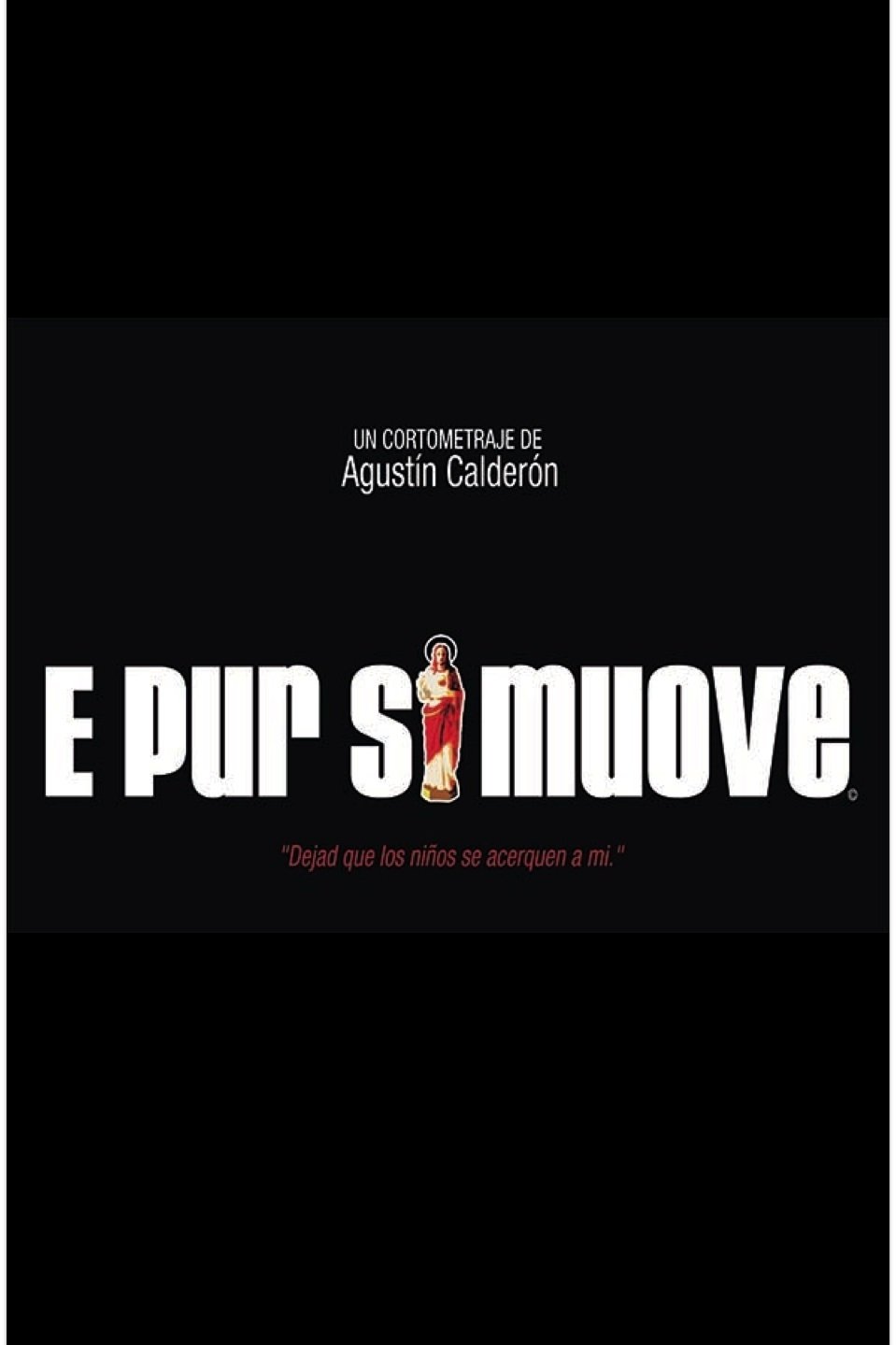

Cuando Seas Mia is a Mexican telenovela produced by TV Azteca. It was the second reunion for Silvia Navarro and Sergio Basañez as protagonists.
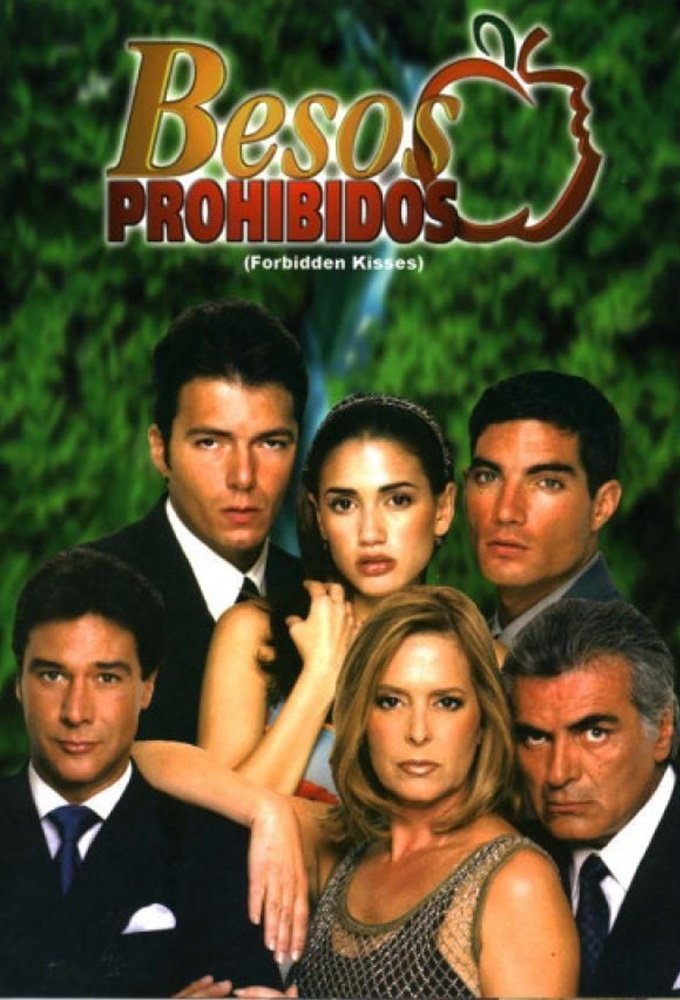
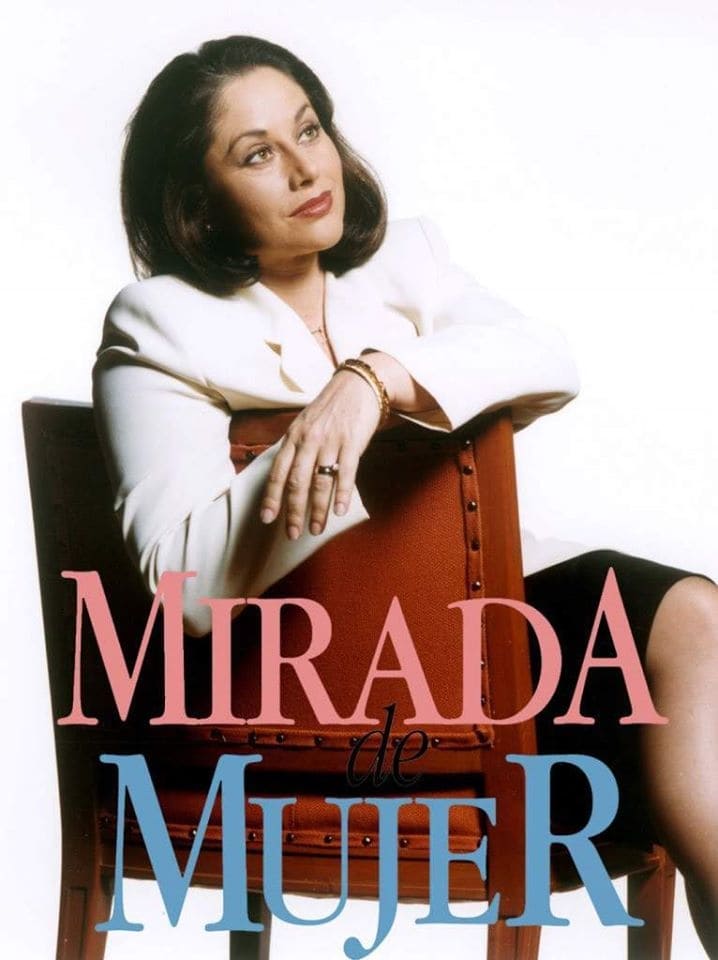
Mirada de mujer is a Mexican telenovela, which was produced by and broadcast on TV Azteca in 1997, based in the Colombian telenovela of 1994 " Señora Isabel". It is considered one of the best Telenovelas in the history of the television industry in Mexico. It came a year after TV Azteca's first telenovela, Nada personal and was the first telenovela in that TV station for its five mayor stars, who had been working for the rival station, Televisa, prior to this production. In 2003 the sequel for this telenovela Mirada de mujer: El Regreso was produced. This telenovela can be dated so far as the only TV Azteca telenovela that got the TVyNovelas Award as Best Telenovela of the Year in a shocking moment, making Televisa know to the audience the respect that got over his competitor product as long as the TVyNovelas Awards are only given to Televisa programs. Aside from enjoying wide viewership in Latin America, it was also broadcast in countries like Afghanistan and Israel and Eastern Europe. In India, this was shown by Sahara TV, dubbed in Hindi, under the title of Maria.
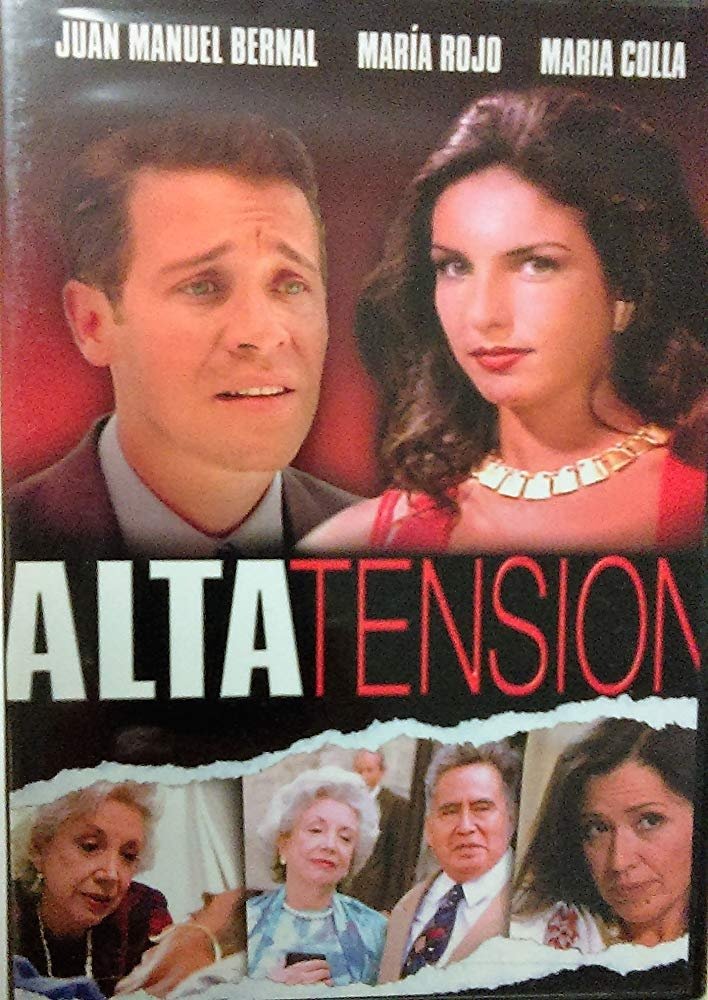
A retired man that used to work for the National Electricity Company fight with his sons who want to get his money.
Evangelina Elizondo (born 28 April 1929) was an actress from the Golden Age of Mexican cinema. She had starred in movies, television and theater. She was an accomplished artist having studied at the National School of Painting and had a degree in theology. She has written two books and recorded numerous albums. In 2014, she received a Premios Arlequín (Harlequin Prize) for her contributions to Mexican culture.
By browsing this website, you accept our cookies policy.